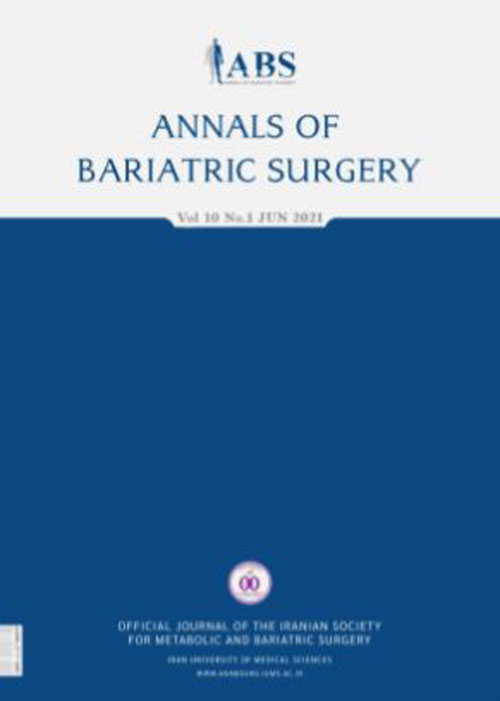Sleeve Gastrectomy in Male Patients With MorbidObesity; A Prospective Cross-Sectional Study
The predictors of successful outcomes after sleeve gastrectomy are not yet well recognized. Therefore, the purpose of this study was to assess factors predicting successful weight loss after surgery.
This was a retrospective cohort study performed in Firoozgar hospital during 2017-2019. Overall, 128 patients with morbid obesity (103 females and 25 males; BMI range: 36.05 to 58.47 kg/m2) were included. The success of sleeve was defined either as Estimated Weight Loss (EWL) % >= 50% at 6 months or EWL% >= 65% at 12 months after surgery. We had two groups (successful and unsuccessful) at 6 and 12 months after surgery.
The mean ± SD of age, height, baseline weight and BMI (Body Mass Index) were 36.25 ± 11.11 year, 166.95 ± 9.65 cm, 119.40 ± 19.30 kg and 42.64 ± 4.03 kg/m2, respectively. Male and female patients were significantly different in reaching enough EWL% at 12 months after surgery (92.9% vs 56% respectively; p=0.012). The significant difference seen in mean ages between the two groups at 6 months (p=0.017) was disappeared at 12 months. In logistic regression analysis, the only independent factor to predict success was gender.
The patient’s gender, height, weight or BMI, may have a predictive value to reach to a desirable weight after sleeve gastrectomy. Further investigations with large sample size are necessary to elucidate and predict more detailed findings.


